Signs of Bad Liposuction: How Do you Know If Lipo Is Botched?
Body Plastic Surgery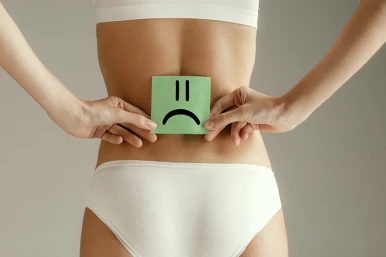
Failed liposuction surgery can be a distressing experience, as it deviates from the anticipated transformative outcomes typically associated with cosmetic procedures. Like any other cosmetic surgery, liposuction is not immune to unfortunate mishaps. When the outcome falls short of expectations or gives rise to complications, it is classified as bad or botched liposuction. This undesirable outcome may be attributed to numerous factors, ranging from the surgeon's inexperience or lack of qualifications and the utilization of incorrect techniques to inadequate pre-operative assessments.
The repercussions of a liposuction gone wrong can manifest in various ways, encompassing asymmetrical results, excessive scarring, contour irregularities, skin dimpling, skin necrosis, infection, and excessive bleeding. Beyond the physical consequences, these complications can take a toll on the emotional and psychological well-being of the patient. In this context, it becomes imperative to investigate the underlying reasons and discern the signs of bad liposuction. By understanding these aspects, individuals can equip themselves with the knowledge needed to avert such unfortunate outcomes. This article sheds light on the key factors contributing to failed liposuction surgery. It provides insights into preventive measures to safeguard the integrity of the procedure and the well-being of the patients involved.
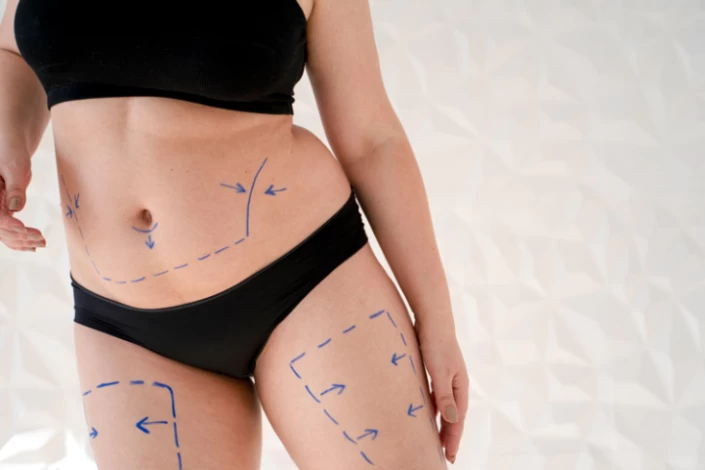
What Is Liposuction Surgery?
Liposuction, or lipo surgery, is a body cosmetic surgery by which stubborn fat tissues are removed from different body parts, such as the lower and upper stomach, hips, thighs, waist, back, neck, chin, ankle, and arm. In the past, a more invasive type of liposuction used to be done on patients, but today, minimally invasive methods such as tumescent, laser-assisted, ultrasound-assisted, and VASER lipo are performed, which have fewer side effects and shorter recovery periods.
Six Sings of Bad Liposuction
If liposuction goes wrong, it may sometimes cause permanent or temporary damage to certain parts of the body. If you have had liposuction and think it has gone wrong, read the following to know more about the signs of botched lipo.
- Persistent lumps and bumps
- Change in the sensation of the operated area
- Severe seroma
- Skin irregularities
- Contour irregularities
- Recurrent pain
Persistent lumps and bumps
If your surgeon lacks adequate expertise and extracts fat pockets unevenly, there will be lumps and bumps under your skin for a long period. Also, poor skin elasticity, accumulation of body fluid under the skin, and unusual healing may cause wavy skin after lipo surgery.
Change in the sensation of the operated area
Prolonged numbness can be a sign of nerve damage. In some rare cases where the fat pockets are removed aggressively, the nerves may be lost, and the operated area gets numb forever.
Severe seroma
The formation of big pockets of uninfected and clear fluid under the skin may cause pain and discomfort during recovery. Luckily, most seromas can be drained by a needle or a thin tube inserted into the wounds. If you have sharp pain when touching your bumps, contact your doctor.

Skin irregularities
Skin infection and necrosis are rare but life-threatening complications of liposuction gone wrong. Severe infections require immediate medical treatment because they may enter the bloodstream and reach the brain or kidneys. Mild skin necrosis (death of skin tissue) is not dangerous and can be treated by topical or oral medications, but severe necrosis should be removed surgically.
Contour irregularities
Sometimes, when you receive lipo surgery for your arms, hips, and thighs, there are some irregularities regarding the size and shape of your body parts. This may happen when the surgeon removes an unequal amount of fat tissue from two sides of your body. Fortunately, such a kind of unevenness can be reduced through revision surgery.
Recurrent pain
Having pain during the first two months after lipo surgery is common and natural, but if you have recurring pain after eight weeks, you have to see a doctor. Constant pain can indicate infection or damage to an internal tissue or organ.
The Main Reasons for Liposuction Failure
Certain diseases such as heart disease, high blood pressure, diabetes type 1 and 2, allergy to medications (specifically anesthetics used in lipo surgery), and immune system deficiencies disqualify a person from getting liposuction surgery. They might change the outcomes of the surgery for the worse. So, these medical issues are the first and main reasons for liposuction gone wrong.
The second cause of botched liposuction is the lack of plastic surgeons' expertise. New liposuction techniques require accurate surgical tools and the experience of an adept surgeon who knows how to use them most efficiently. Since modern liposuction methods are done through a few tiny incisions, the surgeon must be familiar with the structure of body parts and adipose tissues to obtain the best results with the minimum possible complications.
Third, having a BMI of more than 30 can cause liposuction failure. The risk of fat embolism after liposuction surgery is higher in obese people; in this regard, most plastic surgeons recommend losing a few pounds before having this procedure.
Not following your doctor's post-op instructions can also lead to liposuction bad results. Taking antibiotics and prescribed painkillers, wearing compression garments/sleeves, maintaining a healthy diet and lifestyle, avoiding smoking and drinking, getting enough rest, and avoiding vigorous physical activities can reduce the risk of liposuction failure. So, neglecting post-op care can end in a liposuction gone wrong.
Finally, having poor skin elasticity, being under 18 or over 65, and weight gain due to pregnancy or a poor lifestyle can adversely affect the results of your liposuction surgery. The skin loses its firmness and elasticity over time, so if you get liposuction when you have poor skin quality, it is highly probable to experience saggy skin and severe scarring. Moreover, pregnancy, breastfeeding, and hormonal fluctuations can cause sudden weight gain and change your body contour.

How to Prevent a Bad Liposuction?
The majority of the liposuction success rate depends on the experience and expertise of the plastic surgeon, the patient's current health, and their post-op care. To avoid botched liposuction, the first thing to do is choose a qualified and knowledgeable surgeon with tons of experience performing different lipo-surgery techniques. Then, you must consider the following points to achieve the best results possible:
- Get a full checkup before undergoing liposuction. Having serious medical issues such as diabetes, anemia, lung or heart problems, and high blood pressure may jeopardize your health during and after the operation;
- Avoid taking blood-thinning medications such as aspirin, apixaban, and rivaroxaban, as well as herbal medicines before lipo surgery as they interfere with anesthetics used during the procedure and your wound-healing process;
- Avoid smoking and drinking alcohol for at least two weeks before the operation;
- Regularly exercise and eat healthy to lose weight before the surgery. Being obese increases the risk of fat embolism and heart failure. Keep in mind that liposuction is not a weight-loss surgery and only removes small local fat pockets;
- Taking OTC dietary supplements and medications containing vitamins E, K, and B is prohibited before the surgery as they can cause excessive bleeding during the operation. However, you can take vitamin E supplements after the procedure (with your doctor's approval) to speed up the healing process and prevent scarring and
- Do not apply moisturizers and topical creams containing paraben and alcohol on areas that will be operated. These chemicals increase the risk of infection and scarring.
What Should You Do If Your Liposuction Goes Wrong?
For a couple of months after liposuction surgery, the operated part is severely swollen, so you shouldn’t judge the results of your operation based on what you see in this period. If you are unhappy with the contour of your body when the swelling has gone down, you can get revision liposuction -also known as liposuction correction and lipo shifting. If you still have pain, bruises, and signs of infection after your recovery, you probably need to see a doctor right away. It's important to know the signs and get help right away so that any problems can be dealt with and, in some cases, bad liposuction results can be fixed.
Possible Side Effects of Liposuction
Liposuction surgery has some common and several rare complications that are worth mentioning. The common side effects of lipo surgery include swelling, bruising, pain, nausea, vomiting, scarring, fluid discharge, and anesthesia-related dizziness. Fortunately, these discomforts go away independently after a couple of weeks, either by taking medications or without them. However, rare liposuction complications may end in serious health issues and need extra time and energy to be treated. Read on to know the rare risks of this operation:
- Skin burn;
- Development of keloids or hypertrophic scars;
- Fat embolism;
- Severe fluid or blood loss during and after the surgery;
- Damage to nerves, blood vessels, and nearby tissues;
- Kidney, lungs, or heart failure;
- Allergic reaction to anesthetics;
- Internal puncture;
- Skin rippling;
- Damage to brain cells due to the travel of fat cells to the brain;
- Severe infection.

Who is a Suitable Candidate for Liposuction Revision?
A suitable candidate for liposuction revision is someone who has previously undergone liposuction but is dissatisfied with the results, like botched arm liposuction or Botched chin liposuction. They may have uneven contours, asymmetry, or residual fat deposits that were not adequately addressed during the initial procedure. Candidates must have realistic expectations and understand that revision liposuction may not achieve perfection but can improve the previous outcome. Additionally, they should be in good overall health, have stable body weight, and have realistic goals for the procedure.
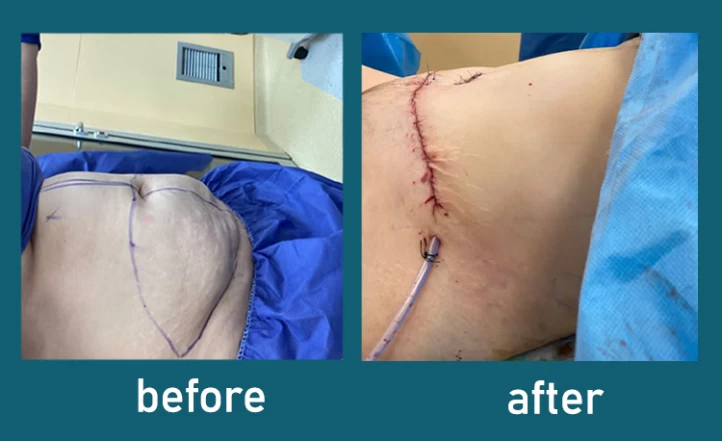
Liposuction in Iran
Iran has gained a great international reputation in liposuction surgery in the last two decades due to its high-quality healthcare services, top-notch plastic surgeons, and affordable prices. The most important factor that has made this country a popular destination for lipo surgery is the high success rate of this cosmetic procedure.
Iran is the best country for those who are too worried about the outcome of their operation because Iranian plastic surgeons are unerring and accurate.
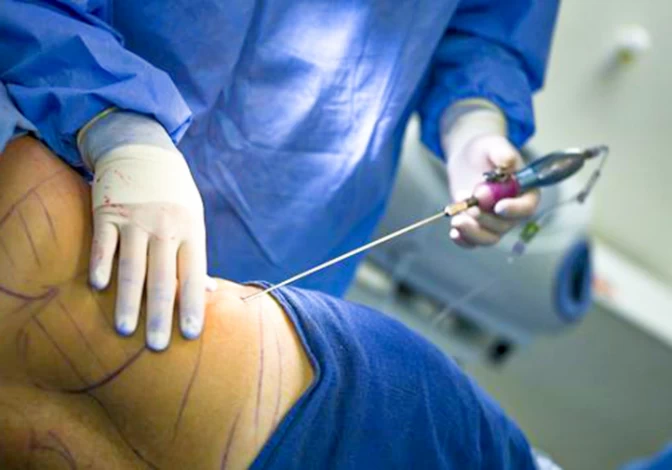
FAQs About Bad Liposuction
1) What does bad liposuction look like?
The main signs of bad liposuction are persistent pain in the operated area, skin irregularities such as discoloration and necrosis, severe scarring, and prolonged numbness of the surgical site.
2) What are the chances of liposuction failure?
Less than 5% of liposuction surgeries go wrong. If you choose a qualified surgeon, you will face minor risks and complications.
3) Why does the stomach look bad after liposuction surgery?
Immediately after liposuction surgery, your abdomen is swollen and uneven, but as time passes, the swelling subsides, and your muscles will be revealed.
4) Can bad liposuction be corrected?
Like many other cosmetic surgeries, liposuction can be fixed if you are unhappy with its results. However, correcting the deficiencies of primary lipo surgery requires another operation called correction liposuction.





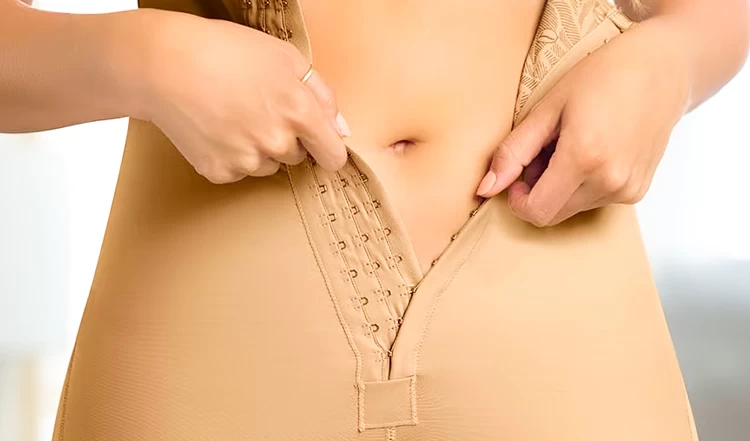






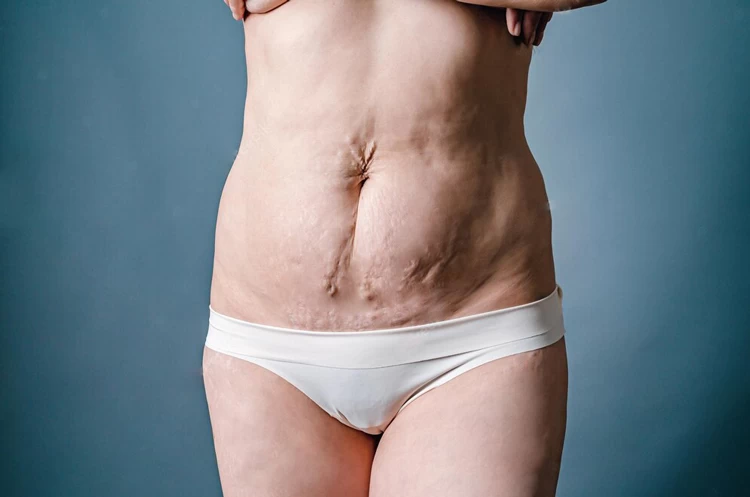


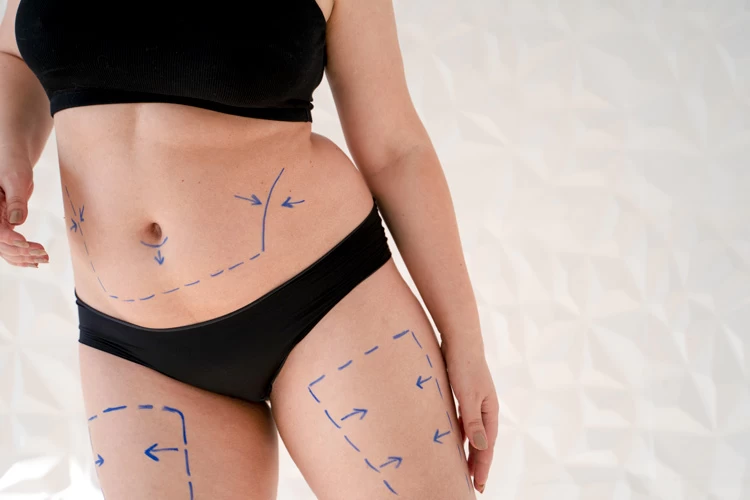
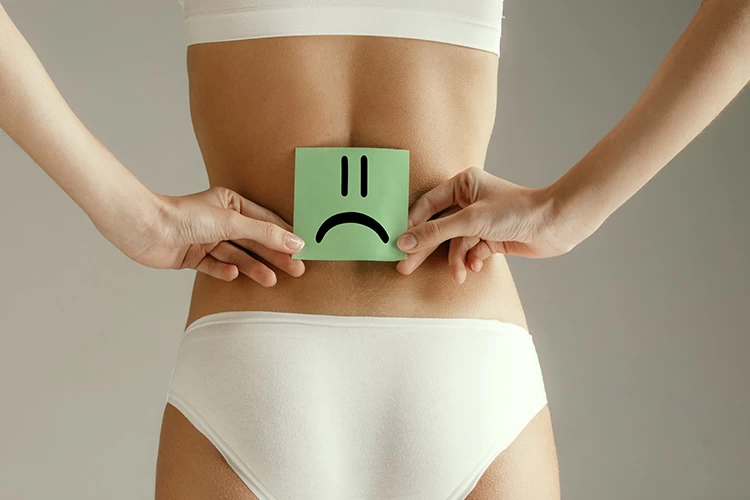

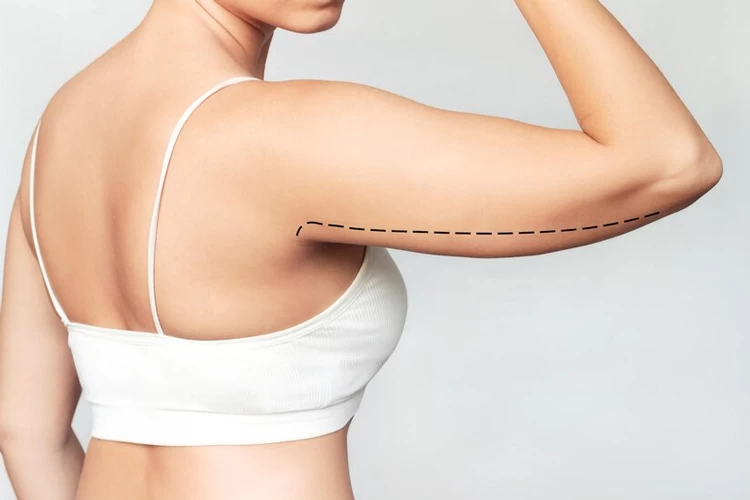
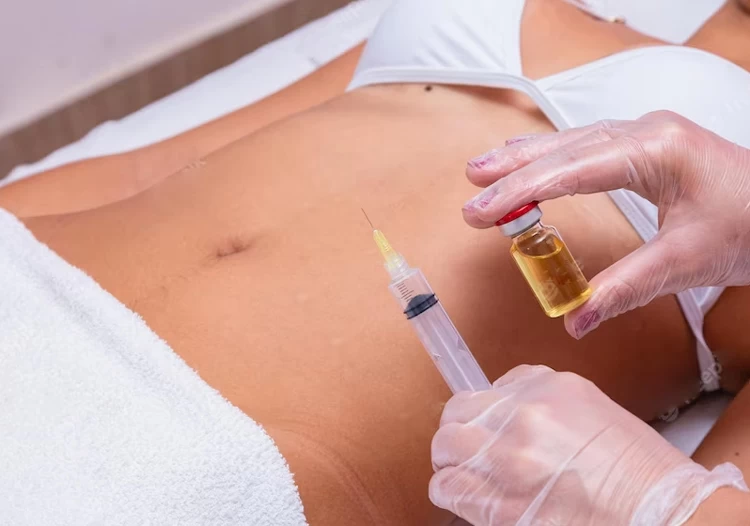

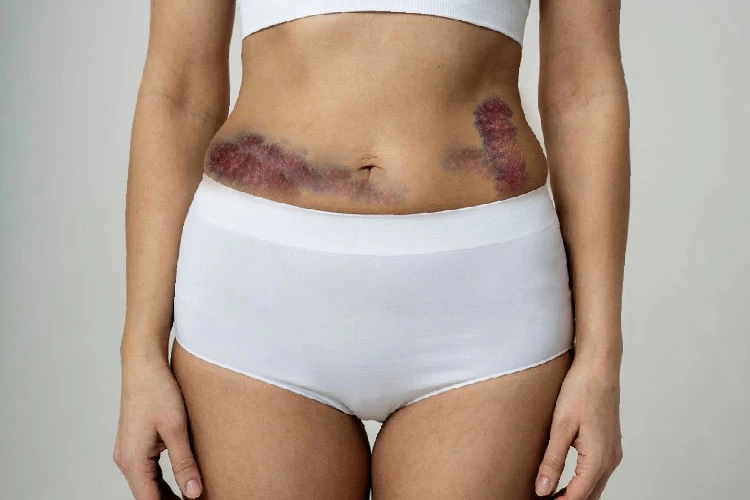


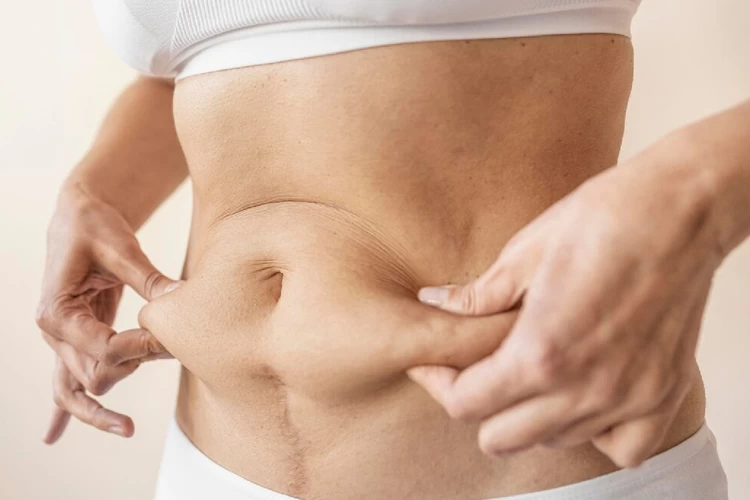

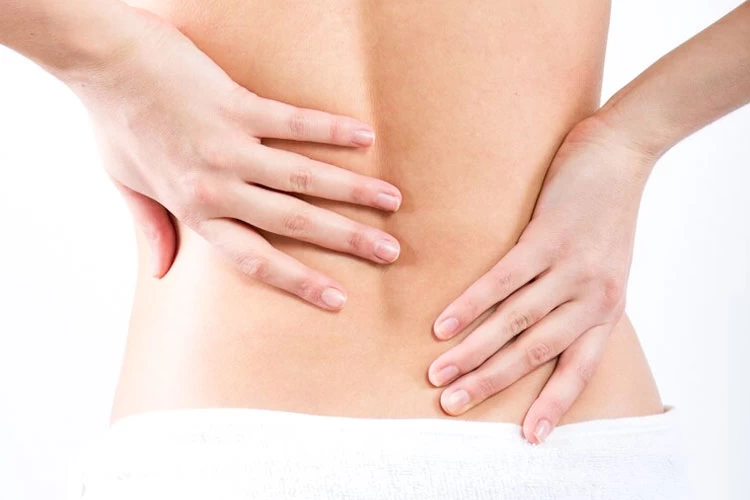

No reviews
Your comment